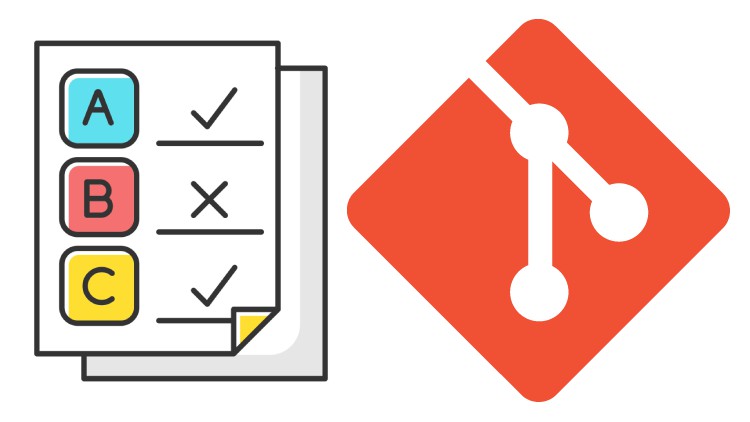
Git Interview Questions and Answers: Master the Fundamentals and Advance Concepts
What you will learn
Be prepared for Git related interviews with confidence
Continuously improve Git skills through practice and repetition
Be able to answer multiple choice questions (MCQs) on Git concepts, commands, workflow and troubleshooting.
Be able to explain key Git concepts, such as commits, branches, and merging, and how they are used in a collaborative development environment.
Understand Git workflow, how to merge and resolve conflicts, work with remote repository and troubleshoot common Git issues.
Be able to use Git commands to perform common tasks such as creating a repository, committing changes, and working with branches.
Understand the basic concepts and principles of Git, including its role in version control and how it is used to manage code.
Description
Git Interview Questions and Answers: MCQs (Practice Tests) course is designed to help developers and job seekers master Git and prepare for Git-related interviews. Through a series of multiple choice questions (MCQs) and practice tests, students will learn the fundamentals of Git, including concepts such as commits, branches, and merging. The course will also cover advanced concepts such as working with remote repositories, merging, and troubleshooting common Git issues.
The following Git interview questions and their corresponding answers have been thoroughly discussed and explained for your reference:
- Git Fundamentals
- Git vs GitHub
- Git vs SVN
- Git vs Mercurial
- Benefits of Version Control Systems
- Types of Version Control Systems
- Installing Git on Windows
- Installing Git on Ubuntu
- Installing Git on Mac
- Git Environment Setup
- Git Configuration Levels
- Git Bash
- Git GUI
- Gitk
- Git Branch
- Git Checkout
- Git Cherry-picking
- Git Clone
- Git Fetch
- Git HEAD
- Git Index
- Git Master
- Git Merge
- Git Origin
- Git Pull
- Git Pull Request
- Git Push
- Git Rebase
- Git Remote
- Git Repository
- Git Stashing
- Git Tag
- Git Upstream and Downstream
- Git Revert
- Git Reset
- Git Ignore
- Git Diff
- Git Flow
- Git Squash
- Git Rm
- Git Fork
Git Interview Questions and Answers: MCQs (Practice Tests) course will start with an introduction to Git and its role in version control. It will cover the basic Git commands used to perform common tasks such as creating a repository, committing changes, and working with branches. As the course progresses, students will learn more advanced concepts such as merging, working with remote repositories, and troubleshooting common Git issues.
In addition to the technical content, the course will also provide tips on how to best prepare for a Git-related interview and explain some of the most common Git-related questions that are likely to be asked. By the end of the course, students will have a solid understanding of Git and will be well-prepared for Git-related interviews.
The Git Interview Questions and Answers: MCQs (Practice Tests) course includes quizzes and practice tests that will help students to solidify their understanding of the material and to assess their readiness for Git-related interviews. The course is designed to be self-paced, so students can progress through the material at their own speed and review the material as often as they need to.
Overall, Git Interview Questions and Answers: MCQs (Practice Tests) course is ideal for anyone who is interested in learning or improving their skills with Git, whether you are a beginner or an experienced developer looking to brush up on your skills. It will be especially useful for those who are preparing for Git-related interviews, as the course focuses on providing practice tests in the form of multiple choice questions (MCQs) that cover common Git concepts, commands, workflows, and troubleshooting.
Content